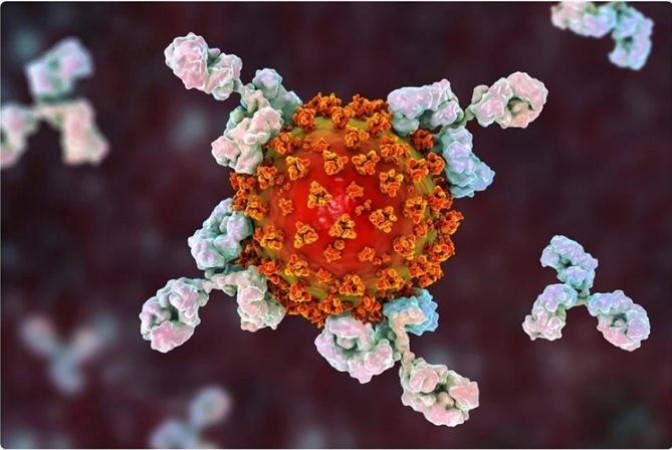
The antibodies produced as a result of infection by one variant of SARS-CoV-2, the virus causing Covid-19, are able to bind to and stop other variants from entering the host cells in order to replicate, researchers in London have found. They discovered Covid-19 antibodies in the blood, and in the lab ran tests to see if antibodies produced after infection with one variant were able to bind to and neutralize other variants. They found that antibodies produced by the Alpha variant were not able to neutralize the original or D614G strains as effectively, in comparison to neutralizing the Alpha variant itself.
In the study, published in the journal eLife, the scientists analyzed blood samples collected from patients who had previously been infected with Covid and who were admitted to UCLH for other reasons, samples from health care workers as well as samples collected from patients at different points earlier in the pandemic.
Both the Alpha and D614G strains produced antibodies that were not able to effectively neutralize the Beta strain. There are many elements of the immune system which impact how protected an individual may be against future disease. This includes memory B cells and T cells which equip the immune system to deal with evolving threats. As a result, these findings do not necessarily mean people who were infected with specific variants are less protected against others.
Covid Vaccination: Over 50 crore vaccine shots administered in India
Moderna clinical trial: Covid booster shot produced robust response against Delta variant
Scientists identify protein in the blood could be responsible for inflammatory response